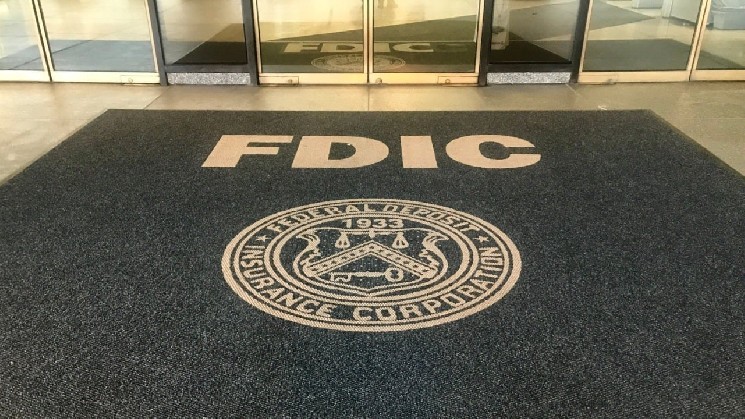The Federal Deposit Insurance Corporation (FDIC) is ushering in a new era of innovation in the world of digital assets and blockchain technology. In a recent address at the American Bankers Association’s Washington Summit, Acting Chairman Travis Hill announced a significant shift in the FDIC’s approach to crypto regulations, paving the way for a potential boom in digital asset banking.
Gone are the days of strict barriers and prior notifications for banks looking to delve into crypto-related activities. The FDIC has scrapped the requirement for prior approval, signaling a more open and supportive regulatory environment for financial institutions. According to Hill, “Permissible crypto-related activities will generally be treated just like other permissible activities,” highlighting a more inclusive approach to fostering innovation in the industry.
While the emphasis is on reducing barriers, Hill also stressed the importance of managing associated risks and ensuring clear oversight. He raised questions about the need for further clarification on which crypto services are permissible, citing precedents set by the Office of the Comptroller of the Currency (OCC) on custody services, stablecoin reserves, and validator node operations.
In addition to revisiting existing guidance, the FDIC is also looking at developing standards for banks operating on public blockchains. While other countries have embraced this technology, U.S. regulators have been more cautious. Hill posed the question of what guardrails would be necessary to ensure responsible use of public chains by banks.
The discussion also touched on the implications of stablecoin legislation currently making its way through Congress. Hill emphasized the importance of understanding liquidity risk, cybersecurity, and compliance when it comes to stablecoins, particularly in the context of tokenized deposits. He suggested reevaluating deposit insurance regulations to provide clarity on how stablecoin reserves should be treated.
Ultimately, the FDIC is committed to creating a regulatory framework that fosters responsible digital asset innovation while maintaining the safety and soundness of the banking system. By embracing blockchain technology and providing regulatory clarity, the FDIC is paving the way for a new wave of digital asset banking opportunities.

